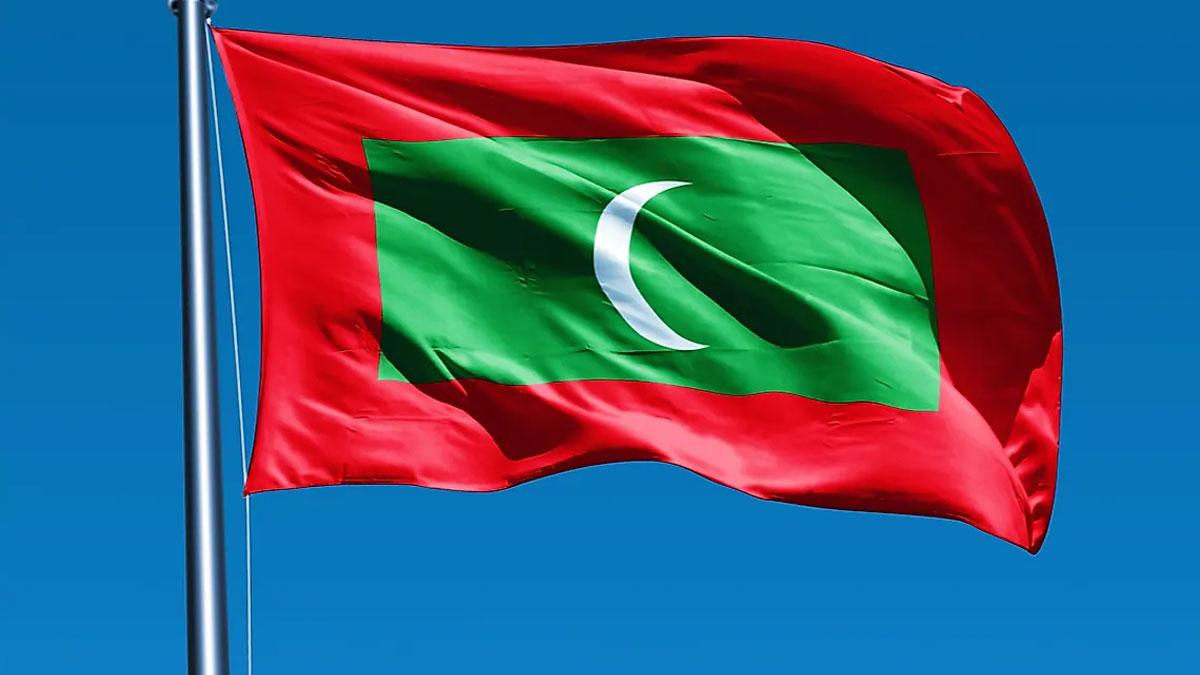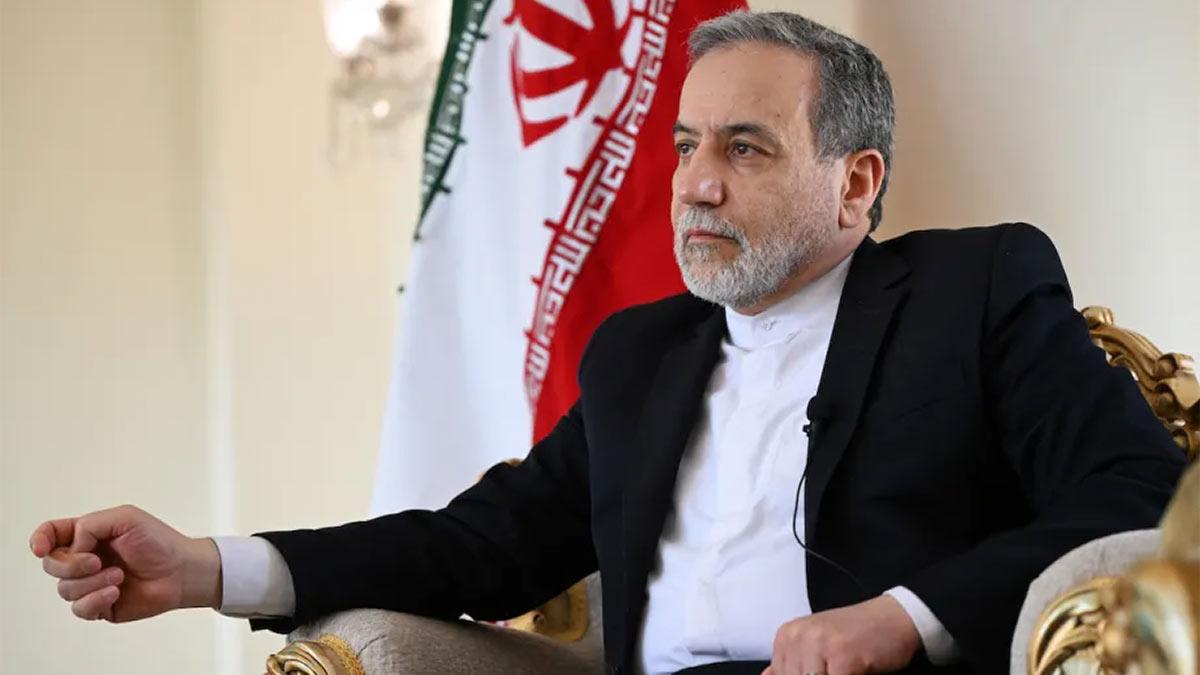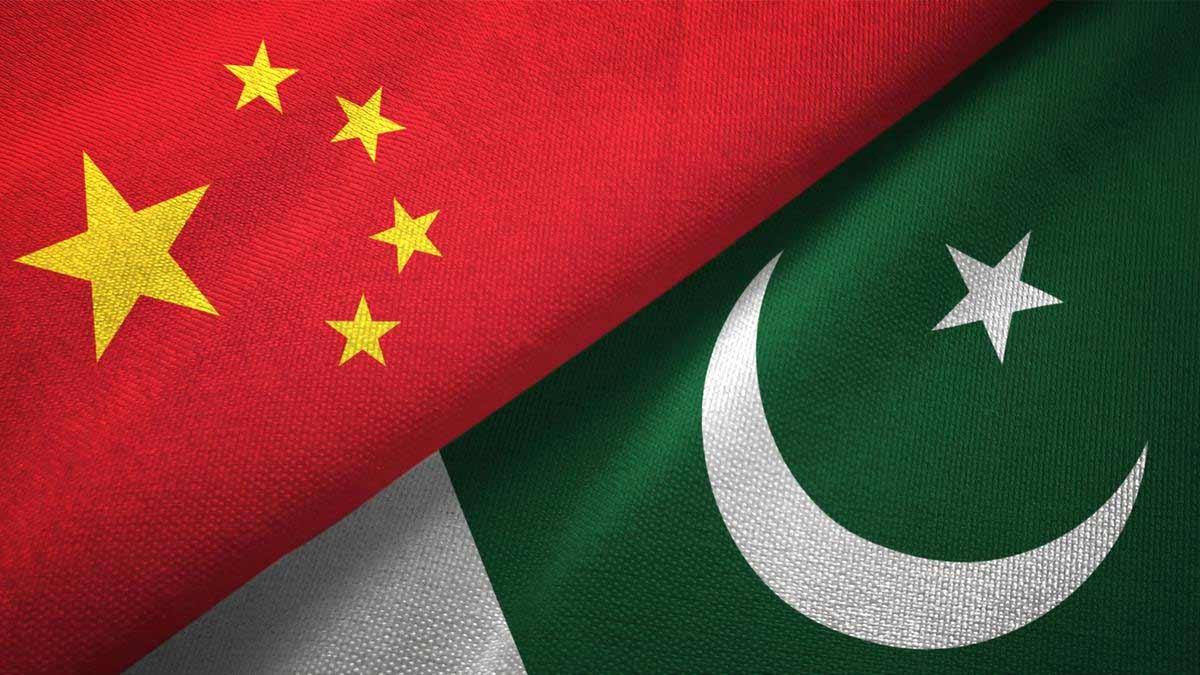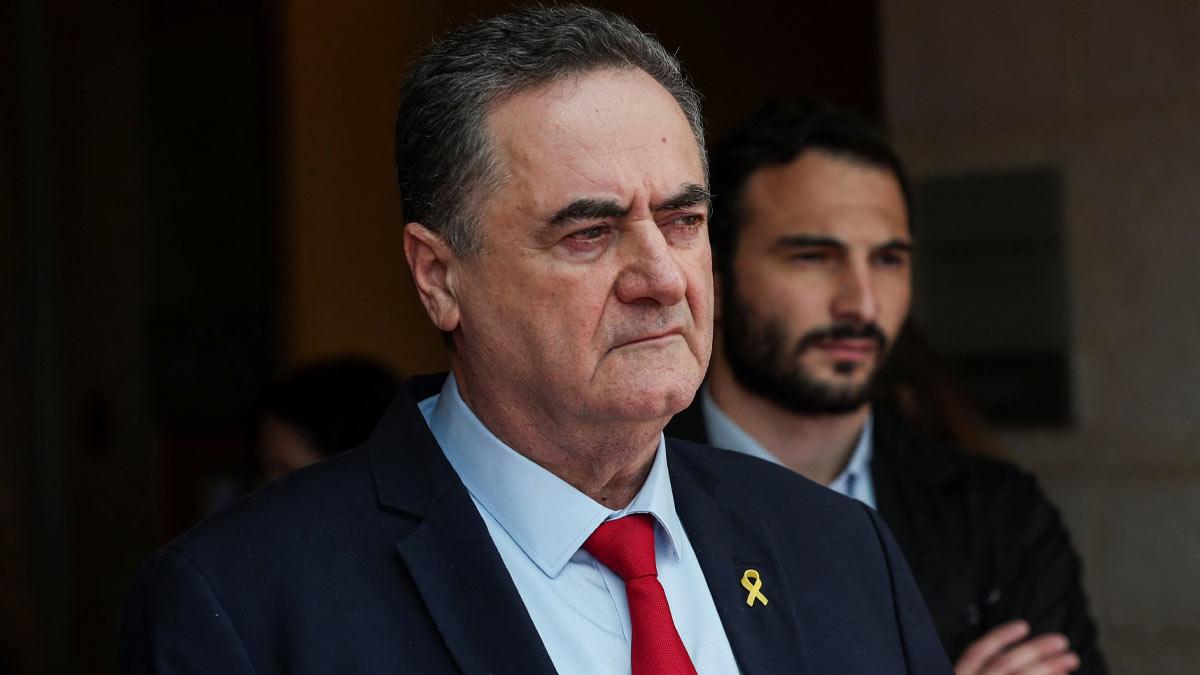Referring to India as their "most long-standing ally," the principal opposition parties in Maldives, namely the Maldivian Democratic Party (MDP) and the Democrats, have voiced apprehension about the government's perceived "anti-India stance." This declaration of support by the opposition comes on the heels of the Maldives government's decision to allow a Chinese research and survey ship to dock at a Maldivian port for replenishment.
Tensions between India and Maldives have escalated since the newly-elected President Mohamed Muizzu chose Beijing as his first port of call, a departure from the tradition of making New Delhi the initial stop. The opposition parties, MDP and The Democrats, have expressed concern over this apparent shift in foreign policy.
In their joint assessment, the opposition parties stated, "The current administration appears to be making a stark pivot towards an anti-India stance. Both, the MDP and The Democrats believe alienating any development partner, and especially the country’s most long-standing ally will be extremely detrimental to the long-term development of the country."
Emphasizing the importance of working with all development partners for the benefit of the Maldivian people, the opposition parties stressed the vital role of stability and security in the Indian Ocean for the overall stability and security of the Maldives.
During a joint press conference, leaders from the MDP and Democrats, including MDP’s chairperson Fayyaz Ismail and Democrats party president Hassan Latheef, expressed their commitment to collaborating on governance-related issues. The opposition parties, holding a combined 55 seats in the 87-member house, highlighted concerns about transparency in the financial status of the state and the opacity surrounding Memorandums of Understanding (MOUs) and agreements signed by the government, especially with foreign entities.
The joint statement also criticized attempts to censor the media and interfere with press freedom, reflecting the opposition's broader concerns about various aspects of the government's policies and actions.
(With Agency Inputs)


















